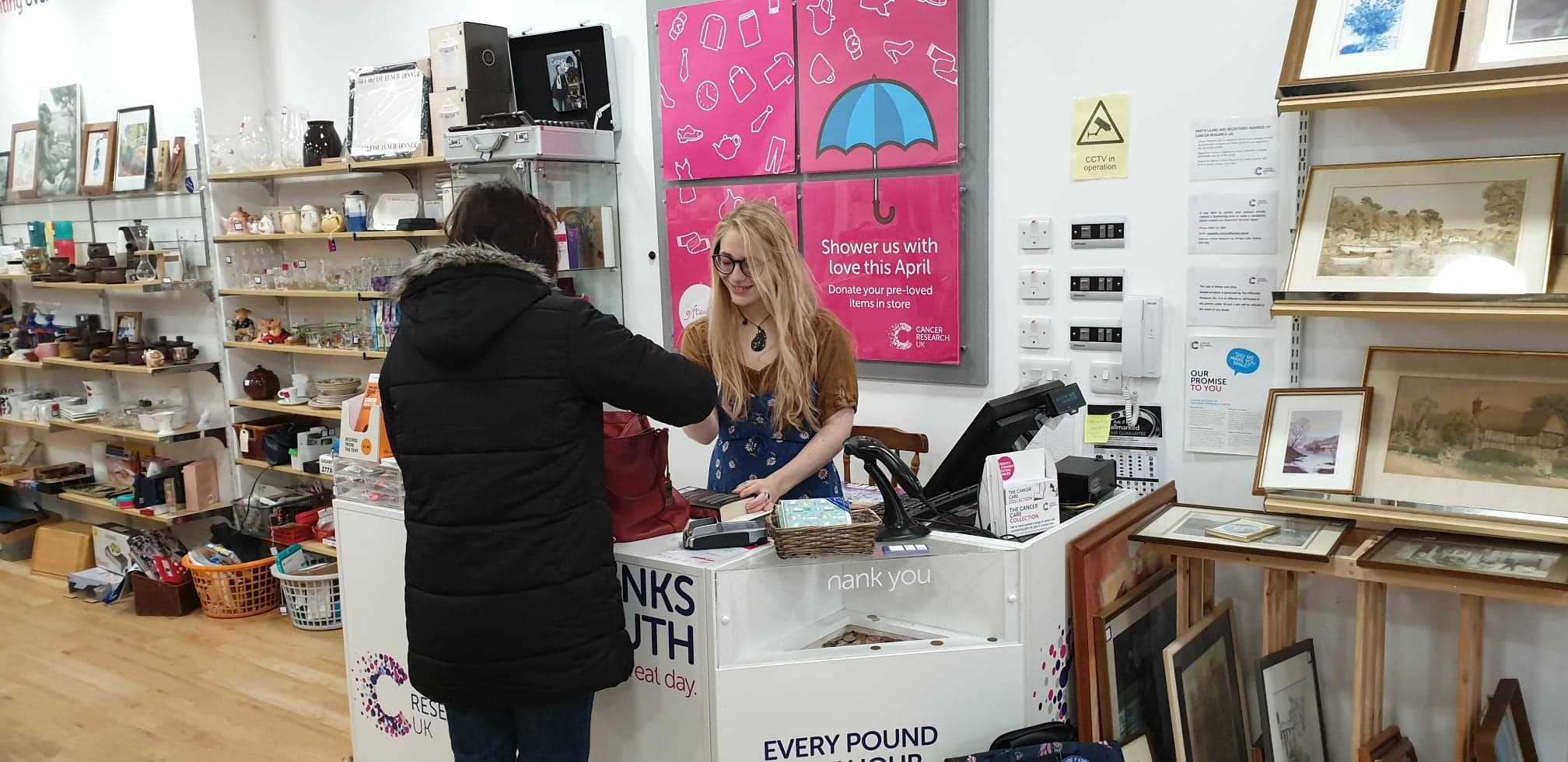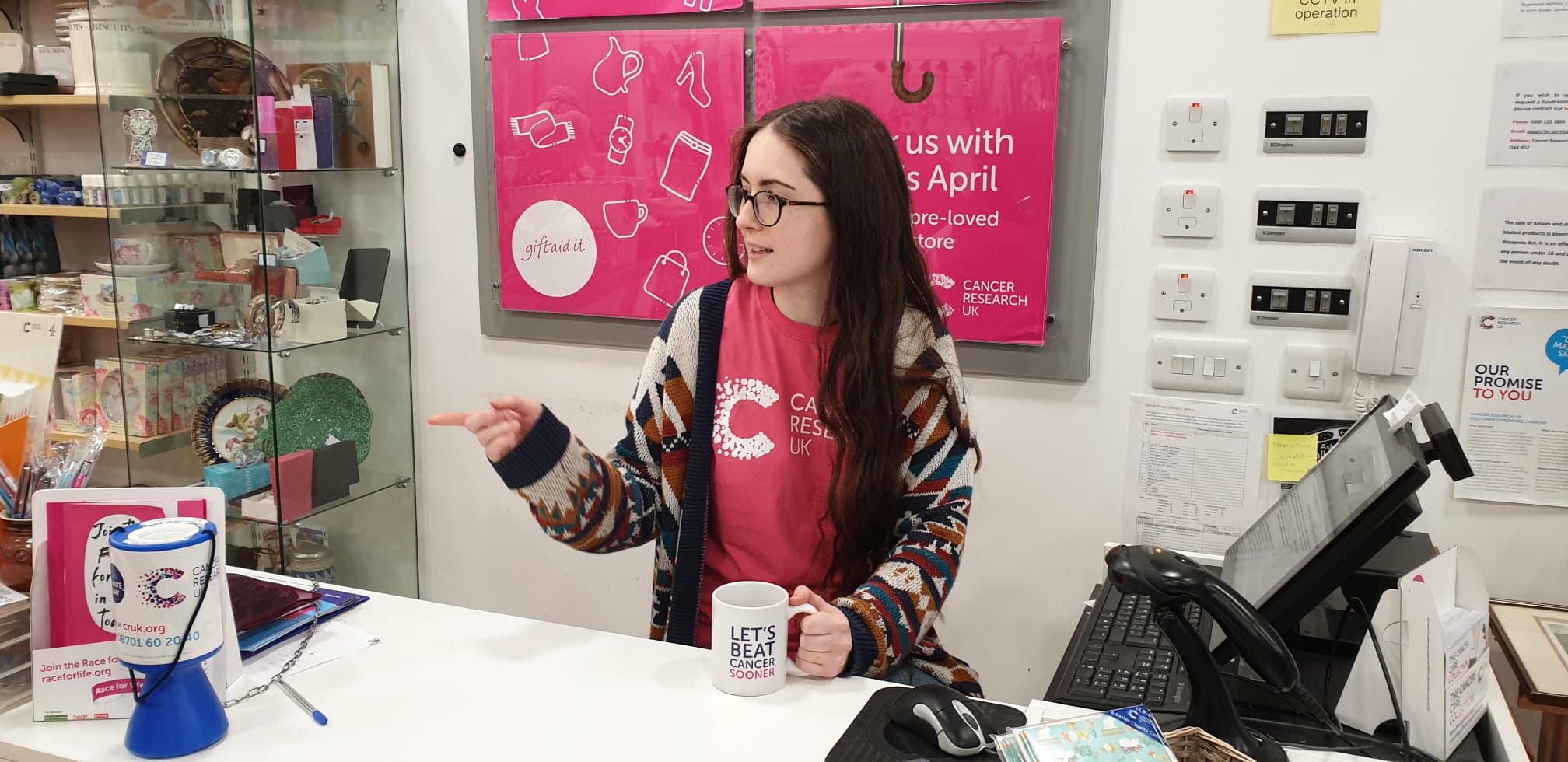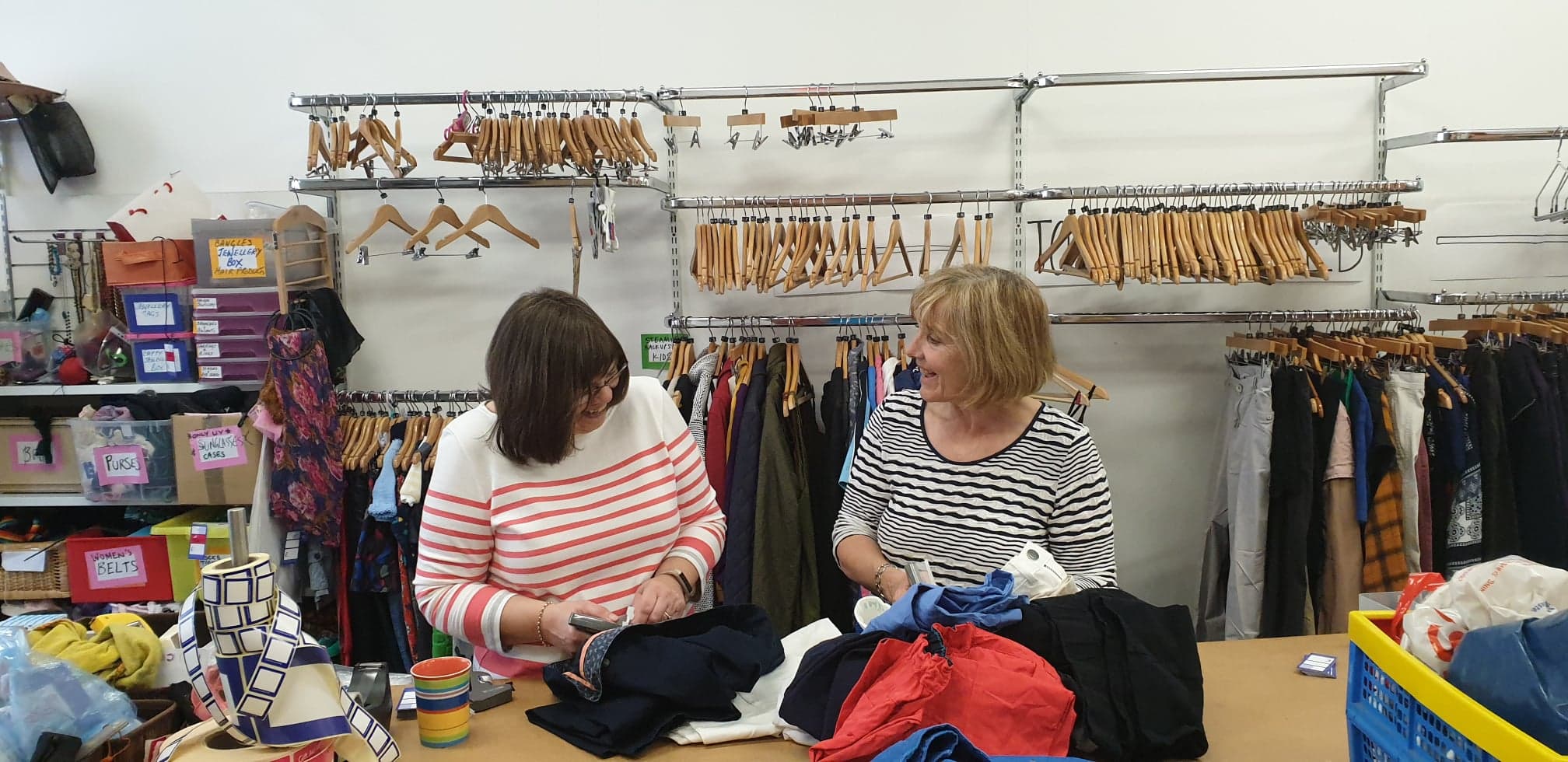Volunteering was something I had never considered trying, but for the last two months, it has become the ideal activity to help combat my dissertation stress. Over 15 million people volunteer every month in the UK, and I wanted to find out what drove people to give up their time for unpaid work.
Faced with the impending dissertation deadlines most university students will know too well I was feeling the stress. Taking a break from work with a stroll through Falmouth Town I noticed a sign outside the Cancer Research UK shop asking for volunteers.
I had never considered volunteering, but after mulling over the idea, I went in and signed up. I was sceptical of how volunteering in the shop would help provide the clarity I very much needed, yet my first experiences interacting with staff were positive and regardless of how it helped me it was for a good cause
Two months of two visits a week and I can say my mental health has improved drastically. Knowing I have somewhere to go and be able to work, however mundane the task from sorting bags to the till gave my life much-needed structure.
I have reached my volunteering goal, but why were my co-workers giving their time to unpaid work?
Many I spoke to started volunteering for the transferable job skills that can be obtained, such as Emma Nightingale, a Falmouth University student who at first hoped to use the experience buffer her graduate CV.
“At first I started volunteering for the experience and a much-needed confidence boost. The atmosphere is quite relaxed, and the staff are all great so being able to learn and build your confidence is easily achievable.”
Despite gaining the skills, Emma continues to volunteer for new reasons.
“I just love it. I love the people and looking through so many interesting items. Getting first dibs on stuff you like is great too.”
Using volunteering as a means of gaining skills to enter full-time employment is becoming more viable. Retail experience such as till operation and stock management are often sought-after skills for employers.
Nick Wills a previous long-time volunteer recently gained full-time employment which he partly attributes to the experience gained at the shop.
“My time at Cancer Research was fantastic. I loved it. I will miss it and owe it and am now in full-time employment.”
For a paid worker at the shop, the volunteers are vital in everyday operations. They are often themselves expected to do unpaid overtime for events and alike and often use this as an opportunity to gain senior or managerial role experience.
Tortie Ward started paid work for the charity after she became tired of her job at a supermarket. Now a shift manager she credits her love for the job to the volunteers.
“Volunteers are great to work with as they actually seem to work harder than a lot of paid employees I have seen.”
Volunteers are often coming and going, and Tortie has worked alongside a variety of people.
“It’s great meeting so many different people from different demographics that somehow gel together so well.”
She added: “The volunteers here make the work so enjoyable. You create your own environment as everyone who is here wants to be here.”
Volunteers who hope to get managerial experience can benefit from programmes such as Cancer Research UK’s manager passport training.
“If a manager is ill or unavailable for some reason then this trained volunteer can open and close the shop along with other managerial tasks.”
The training allows for the volunteer to be on the same level as an assistant manager and give them the ability to apply for other assistant manager retail roles.
When asked why she feels people volunteer Tortie told me:
“A lot of the time it is for work skills to add to a CV which of course is important. But I know others who have been affected by cancer either by having it themselves or with someone they love. They volunteer to help aid the prevention.”
Anne Tredget has recently become cancer-free after first developing cancer in 2016. She told me why she began to volunteer:
“I’m retired now, and that and the cancer meant I would’ve been stuck at home. Cancer Research UK is the second cancer charity I have worked for, and it gives me the chance to meet new people and give help to funding research.”
She added: “So many people either themselves or with family have had to deal with cancer, so volunteering definitely helps. The shops wouldn’t run without them.”
I also spoke to Jude Filby who echoes Anne’s reasons for volunteering.
“If you’re not working or have kids in school it can be difficult to meet new people. It’s so social here, and all of the Tuesday volunteers are great friends.”
The Tuesday volunteers have created a connected group that now transcends the shop.
“We go for lunch after and are in a choir together. It’s unpaid, but its good fun and you’re doing good while also meeting amazing people.”
Evidently volunteering is a role that attracts people of all backgrounds for varying reasons. From mental health, to work experience, to supporting research while meeting friends numbers of volunteers are growing every year. So, what’s your reason?
Links to Volunteer at Cancer Research UK-





